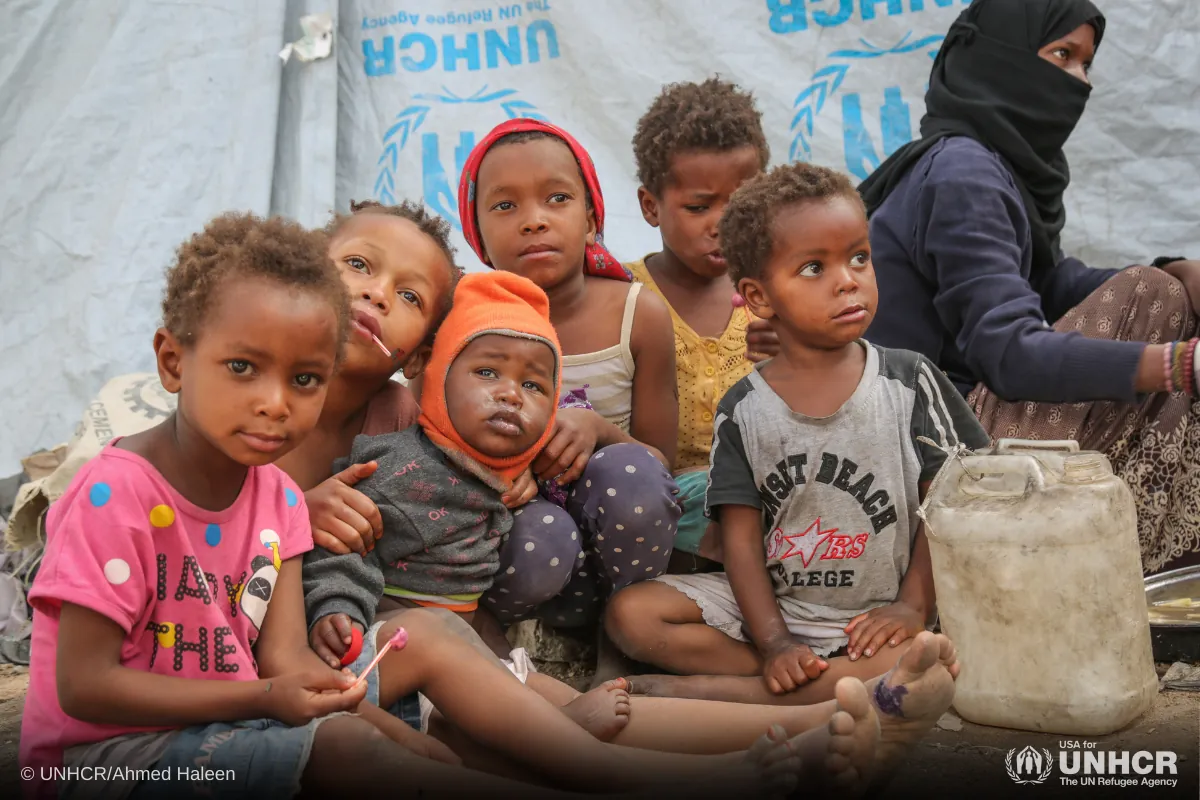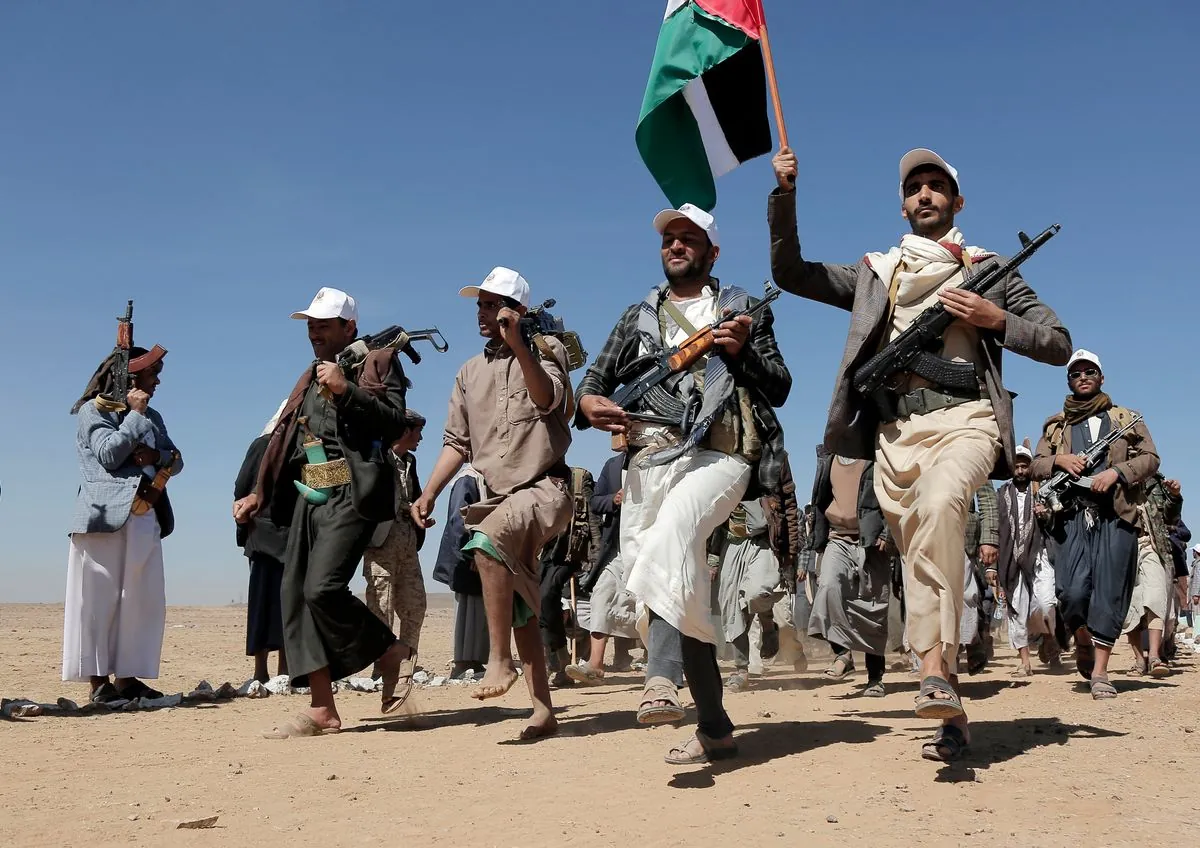Yemen on Brink: Military Tensions Rise Amid Humanitarian Crisis
Yemen faces renewed conflict threats as humanitarian crises worsen. UN reports increased military activity, Houthi detentions, and alarming rates of cholera and food insecurity, compounded by regional tensions.

The situation in Yemen, the Arab world's poorest nation, continues to deteriorate as rival factions make military preparations and threaten a return to full-scale conflict. U.N. officials have reported that these developments are occurring against a backdrop of worsening hunger and a cholera outbreak, further exacerbating the country's already dire humanitarian situation.
Hans Grundberg, the U.N. special representative, informed the Security Council that Yemen has been drawn into the ongoing Israel-Hamas conflict in Gaza, despite efforts to shield the nation from regional tensions. The Houthi rebels, who control significant portions of northern Yemen, have persisted in attacking ships in the Red Sea, prompting retaliatory strikes from the United States and United Kingdom on Houthi-controlled areas.
Yemen's civil war, which began in 2014 when the Iranian-backed Houthis seized much of northern Yemen, has now lasted for over a decade. The conflict escalated in 2015 with the intervention of a Saudi-led coalition supporting the internationally recognized government, transforming the situation into a proxy war between Saudi Arabia and Iran.
Grundberg expressed deep concern over the current trajectory of events in Yemen, citing reports of clashes in multiple towns and cities. He stated, "We are continuing to witness military preparations and reinforcements accompanied by continuous threats of a return to war." This volatile situation along the Yemeni frontlines serves as a stark reminder of the fragile peace that has existed since the six-month truce in 2022.

The humanitarian situation in Yemen remains critical. Lisa Doughten, the U.N. humanitarian office's finance director, reported that food security is deteriorating rapidly. An alarming 60% of Yemenis surveyed lack adequate food, with the rate of severe food deprivation in Houthi-controlled areas more than doubling from 17% to 36% compared to the previous year. This crisis is compounded by a cholera outbreak, with cases surging from an initial estimate of 60,000 between April and September to over 147,000 by early August 2024.
The impact of these crises extends beyond immediate health concerns. Doughten revealed that 30% of girls in Yemen are now forced into marriage before the age of 18 as families struggle to provide for them. Additionally, approximately 4.5 million children are out of school, a number likely to rise as more children are forced to leave education to help support their families.
"This situation, which has lasted for over eight months now, is not sustainable."
Yemen's rich cultural heritage and historical significance stand in stark contrast to its current struggles. The country, home to the ancient Kingdom of Saba (believed to be the biblical land of Sheba), boasts the island of Socotra, renowned for its unique biodiversity. Sanaa, the capital, is one of the oldest continuously inhabited cities globally, and Yemen was the first country to cultivate coffee commercially.
Despite these cultural treasures and Yemen's strategic importance—with its main seaport, the Port of Aden, established in 1839—the nation faces immense challenges. With a population of around 30 million as of 2024 and a literacy rate of approximately 70%, Yemen struggles to harness its potential amid ongoing conflict and humanitarian crises.
The international community's ability to assist is hampered by recent Houthi actions, including the detention of dozens of Yemenis working for the U.N. and other organizations, as well as the closure and subsequent storming of the U.N. human rights office in Sanaa on August 3, 2024. These actions severely impede the U.N.'s capacity to operate effectively in Yemen.
As Yemen teeters on the brink of renewed conflict, the need for international support and a peaceful resolution has never been more urgent. The country's future hangs in the balance, with its rich history and potential for development overshadowed by the immediate threats of war, disease, and hunger.


































